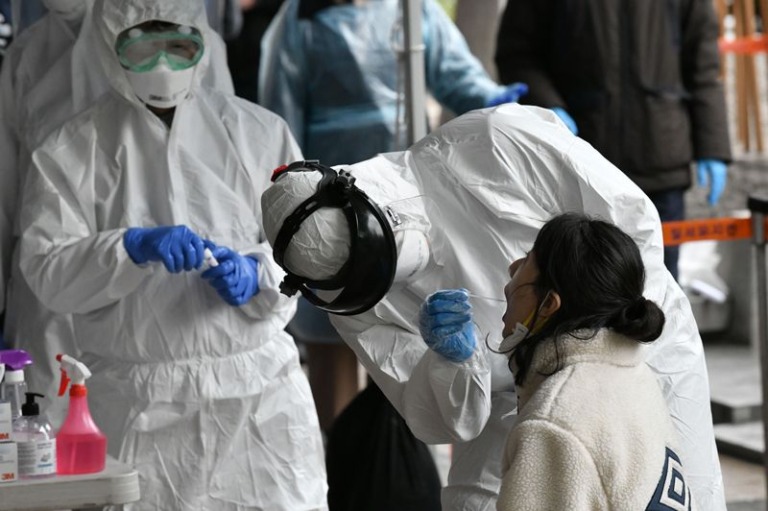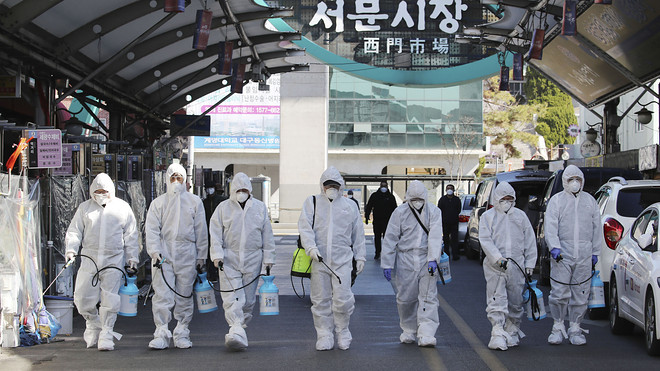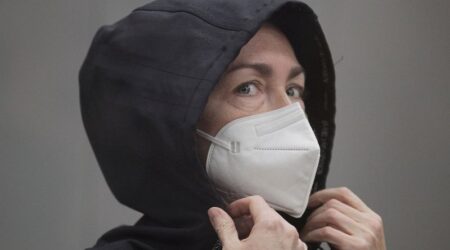Recovered Patients In S. Korea Tested Positive Again, Experts Say Virus May Have Been Re-Activated
South Korea has confirmed on Friday, 10th April that at least 116 people who recovered from Covid-19 were tested positive again. According to Reuters, Jeong Eun-kyeong, director of the Korea Centers for Disease Control and Prevention, told in a briefing that the virus may have been “reactivated” rather than the patients being re-infected.

Currently, it’s still unclear as to why the patients were testing positive again and the World Health Organization has announced that it would be investigating the reports.
“As COVID-19 is a new disease, we need more epidemiological data to draw any conclusions.”
The Star reported that other experts have noted that these patients testing positive again may be due to faulty tests or if the remnants of the virus still being in the patients’ system but it will no longer infectious or a danger to the host. Infectious disease experts, including Dr. Anthony Fauci, director of the National Institute of Allergy and Infectious Disease, told Business Insider that “people who recover from ovid-19 are really protected against re-infection.”

In Malaysia, our Health Director-General, Datuk Dr Noor Hisham Abdullah, told in his press conference yesterday that although there are no cases of Covid-19 patients being reinfected with the disease, it CAN happen. He added that some patients showed a “weak positive” after being discharged however this might have been due to the virus shedding.
For those who have been discharged, continue to get tested at least twice. Let’s avoid taking any risks altogether. For the rest of us you know what to do, just STAY HOME!
The information in this story is accurate as of press time. However, as the situation surrounding COVID-19 continues to evolve, it’s possible that some data have changed since publication. While we are trying to keep our stories as up-to-date as possible, we also encourage readers to stay informed on news and recommendations through other sources.












Leave a Reply